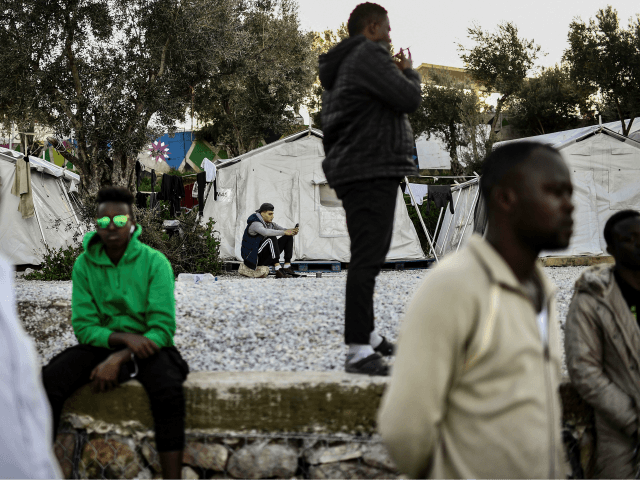The new conservative Greek government is looking to enforce stricter migration controls, claiming that its capacity to house incoming migrants is deteriorating by the day.
Giorgos Koumoutsakos, a member of the now ruling New Democracy party, blamed the prior leftist government of taking in migrants while not doing enough to send migrants back to Turkey under the pact signed between Turkey and the European Union, Kathimerini reports.
Over the last week, hundreds of migrants have arrived in the Greek islands of Lesbos and Chios, who already find their migrant reception centres becoming increasingly overcrowded. In just one month, Lesbos received 2,700 migrants, according to the newspaper.
Other islands, such as Samos, are in even worse situations with one migrant reception centre meant to house just 650 people currently home to over 4,000.
Crime and violence have been a particular problem in the Greek migrant camps. Last weekend, a 15-year-old Afghan migrant attacked three other migrants at the infamous Moria refugee camp, killing one and injuring two others.
Residents of the island have also expressed displeasure with the camp.
Last year the leader of the community in Moria, Nikos Trakellis, warned that locals were becoming so fed up that “the residents are ready to take the law into their own hands. We are trying to contain the local community, to preserve whatever social cohesion is left.”
Around 22,700 migrants are estimated to be living on the various Greek islands in the Aegean, with 42 percent coming from Afghanistan and just 11 percent from Syria.
Earlier this week, Greek Prime Minister Kyriakos Mitsotakis held a meeting with German Chancellor Angela Merkel and discussed the issue of migration with both agreeing to enforce the EU-Turkey agreement.
Mitsotakis said that Greece would be increasing the number of migrants to be sent back to Turkey under the agreement and added that frontline countries like Greece bore a heavier burden, which he deemed to be unfair.
Greece has previously called on fellow EU member states to share the burden of taking in new asylum seekers, but so far no EU-wide consensus on the issue has been met.

COMMENTS
Please let us know if you're having issues with commenting.